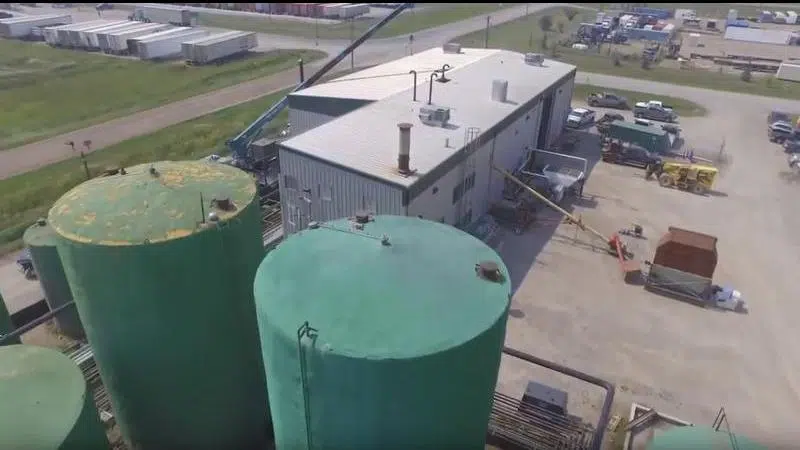
Plant to open in Lethbridge that would turn garbage into fuel
LETHBRIDGE, AB – Shovels are expected to hit the ground later this year for a company that not only wants to make “renewable diesel” but also to reduce the amount of waste going into the landfill.
Cielo Waste Solutions Corp., based out of Red Deer, has teamed up with RenewableU Energy Inc to open plants in Grande Prairie, Medicine Hat, and Lethbridge.
RenewableU Energy Inc CEO Lionel Robins explains that Cielo Waste Solutions has developed a proprietary technology to make new use out of old products.
“Basically, it’s heat and catalysts where the feedstocks are ground up into a kind of fine powder, they’re mixed with used motor oil and then they interact with our catalyst at high heat temperatures, which then convert it into a distillate, which we then separate into the diesel, kerosene, and naphtha separately.”


